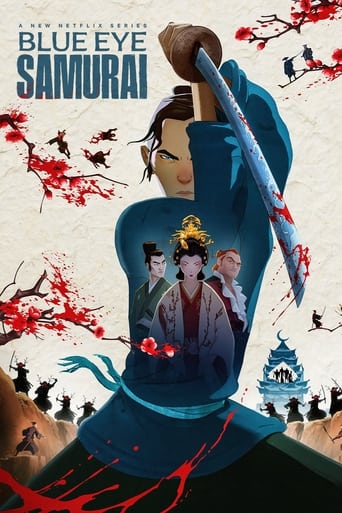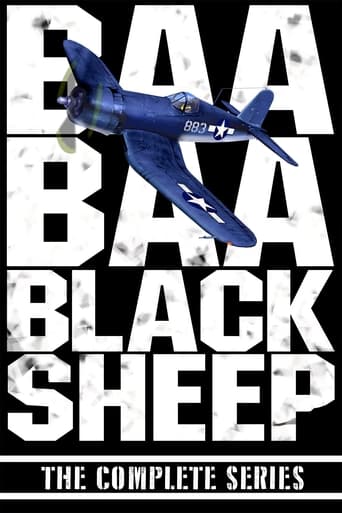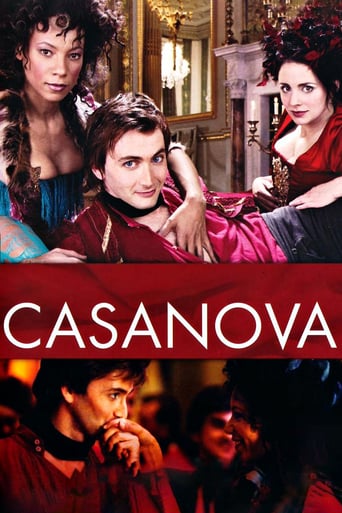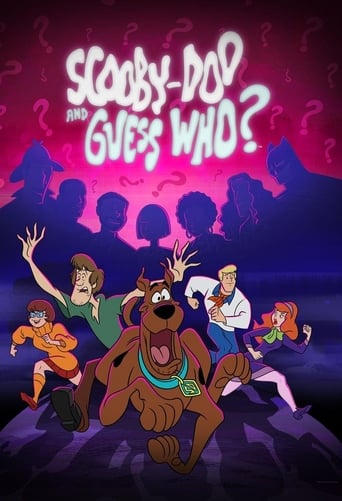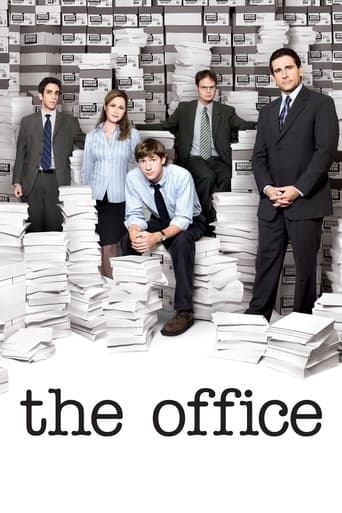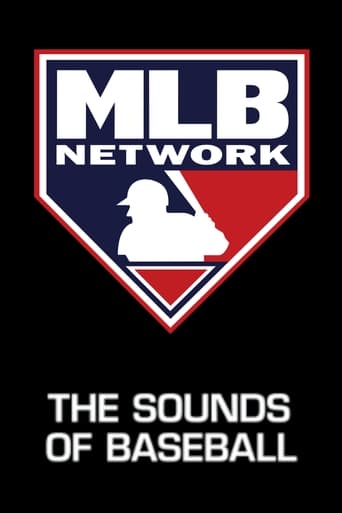


The Sounds of Baseball
TV-PG
7
2020
Documentary
MLB Network showcases the greatest calls and moments from iconic Major League Baseball play-by-play broadcasters.
-
- Cast:
- Bob Costas , Tom Verducci
Watch Full Seasons and Episodes
2
1
EP1 - Bob Costas
February. 08,2024
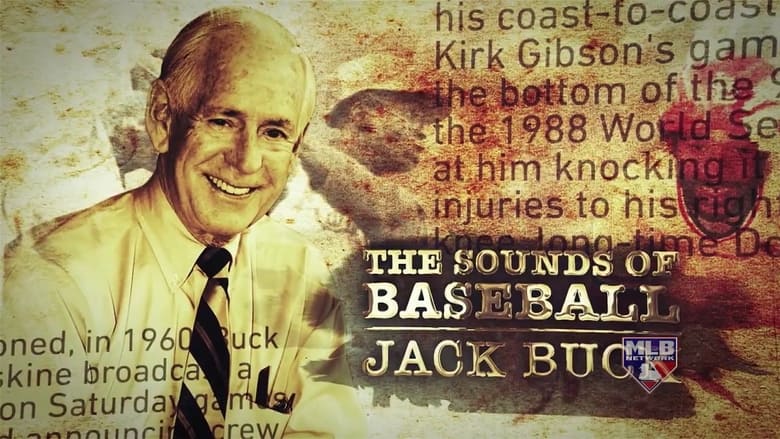
Matt Vasgersian and Tom Verducci host this retrospective of Bob Costas' storied career announcing baseball.
Watch Now
EP2 - Joe Buck
February. 15,2024

Watch Now


Similar titles

The Ident Review
The series revolves around Adam giving his opinions on television idents, the majority of the episodes look at idents from the United Kingdom but he has tackled other countries
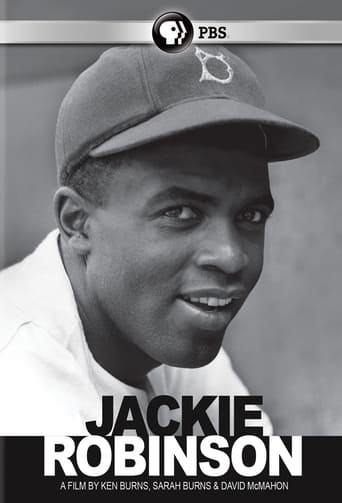
Jackie Robinson
Jack Roosevelt Robinson rose from humble origins to cross baseball’s color line and become one of the most beloved men in America. A fierce integrationist, Robinson used his immense fame to speak out against the discrimination he saw on and off the field, angering fans, the press, and even teammates who had once celebrated him for “turning the other cheek.” After baseball, he was a widely-read newspaper columnist, divisive political activist and tireless advocate for civil rights, who later struggled to remain relevant as diabetes crippled his body and a new generation of leaders set a more militant course for the civil rights movement.
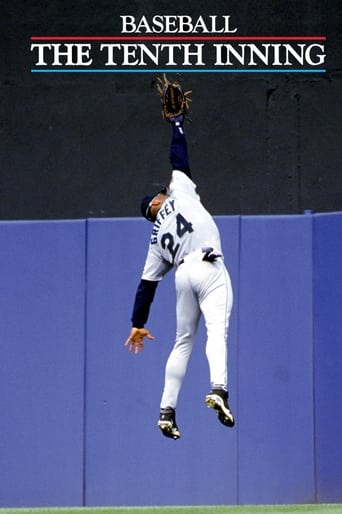
Baseball: The Tenth Inning
This two-part sequel to the 1994 series Baseball continues the story of America's national pastime from the early 1990s to 2010. This transformational period leads off with the 1994 players' strike. Other key developments and milestones include the increasing dominance of Latino and Asian players who truly turn the game international; skyrocketing profits; the Red Sox' historic World Series victory; the astonishing feats of Mark McGwire, Sammy Sosa, and Barry Bonds; and the revelations about performance-enhancing drugs that cast a shadow over many athletic accomplishments.
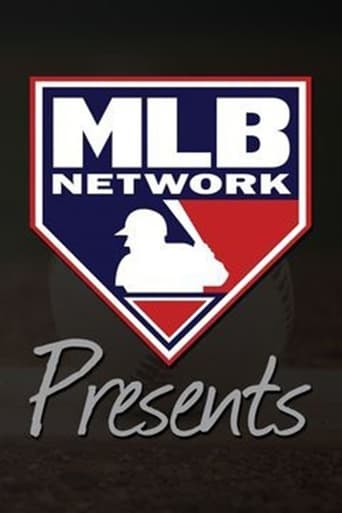
MLB Network Presents
A series of documentaries and profiles on some of baseball's most prominent personalities.
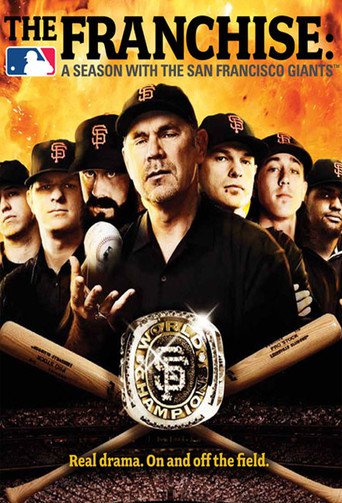
The Franchise
The Franchise chronicles America's national pastime with a season-long look at the players, coaches and team personnel of a major league baseball team. You'll be right with the team the whole time: during the off-season, at spring training, and along for the rollercoaster ride of the regular season. A remarkable behind-the scenes account of the complex and competitive drama of professional baseball, The Franchise is a grand slam.
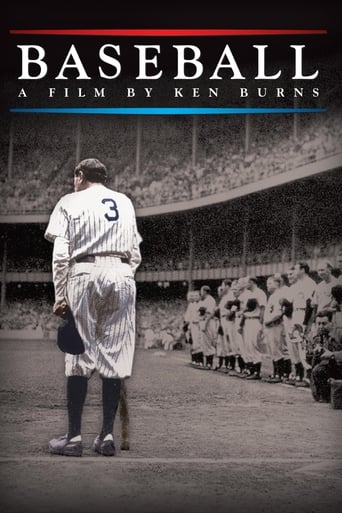
Baseball
The history of the sport of baseball in America, told through archival photos, film footage, and the words of those who contributed to the game in each era. Writers, historians, players, baseball personnel, and fans review key events and the significance of the game in America's history.

Ball Four
Ball Four is a 1976 American situation comedy that aired on CBS in 1976. The series is inspired by the 1970 book of the same name by Jim Bouton. Bouton co-created the show with humorist and television critic Marvin Kitman and sportswriter Vic Ziegel. Bouton also starred in the series.
Ball Four followed the Washington Americans, a fictitious minor league baseball team, dealing with the fallout from a series of Sports Illustrated articles written by Americans player Jim Barton. Like the book, the series covered controversial subjects including womanizing players, drug use, homosexuality in sports and religion. The series included a gay rookie ballplayer, one of the earliest regular gay characters on television. The trio began developing the series in 1975, looking to other series like M*A*S*H and All in the Family as models. CBS expressed interest and the creative team developed a script. CBS shot the pilot episode and ultimately bought the series.
Ball Four aired at 8:30 PM Eastern time, which was during the Family Viewing Hour, an FCC-mandated hour of early evening "family-friendly" broadcasting. Consequently the writers had some trouble with the network's Standards and Practices in their attempt to portray realistic locker room scenes, especially the language used by the players. Pseudo-profanity such as "bullpimp" was disallowed, while "horse-crock" and "bullhorse" were approved.


